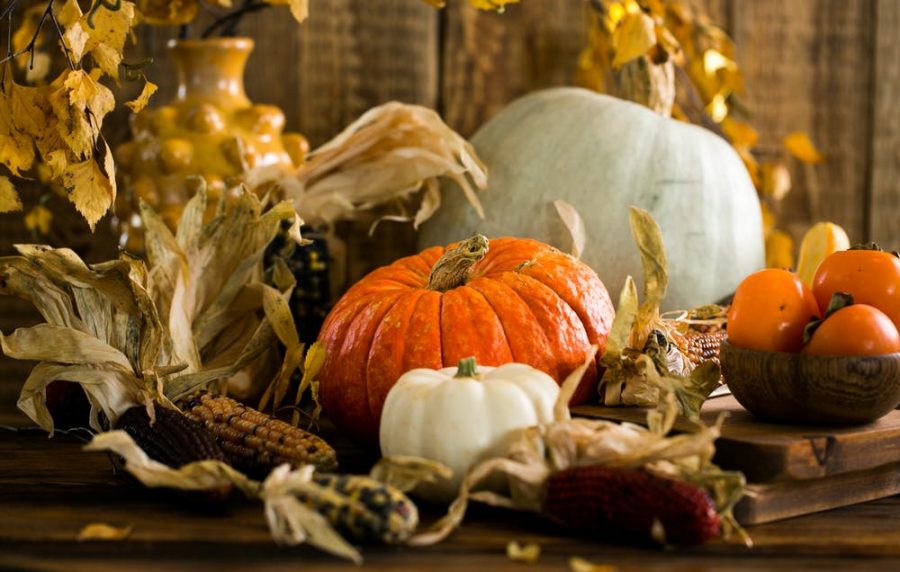The Importance of Saying Thank You
With the holiday season looming over us, many people are inevitably caught up in the chaos of planning dinners, buying gifts, cleaning, etc. It takes time to create that perfect atmosphere of celebration and festivity. That being said, it’s also important for us to uphold the intended meanings of holidays like Thanksgiving or Christmas, like spending time with loved ones, expressing gratitude and seeing goodness in one’s life.
At first glance, it might seem unnecessary to make a conscious effort in our daily lives to simply say “thank you.” What good would it do besides getting a simple “you’re welcome?” It turns out that the act of showing thankfulness has actual positive effects on mood. For example, University of California psychologist, Robert A. Emmons, conducted a study in which at the end of each week in a 10-week period, one group of test subjects wrote down what they were thankful for, another group put what bothered them, and another group put what had affected them, either in a positive or negative way. At the end of the experiment, the group that had reported what they were thankful for described an overall increase in positivity and some even reported that they were participating in physical exercise more often.
Clearly, what’s been explained is just a single study, but there are a multitude of other experiments that look into gratitude and its effects on us that, quite frankly, would be redundant to reiterate due to similar conclusions. Those conclusions being, essentially, saying thanks is good for our mental health. The best thing about it is that it’s relatively easy to enact a routine similar to the aforementioned study into our lives. The difficult part is making it a habit and goal to improve our mood by expressing gratitude day by day.
The basis of being grateful is looking for the good in one’s life and acknowledging the positive impact it has on you. The good can manifest in many ways, and it’s all dependent on what one considers to be good. It could be a loving and nurturing family, amazing friends, success in school or a job, or even just the food you eat everyday. The acknowledgements can vary, too. They could be mental notes throughout the day, literally telling oneself that they are thankful for something positive, saying the words “thank you” to loved ones, or physically writing down everything you’re grateful for at the end of the day. These are just a few examples.
Outside of the scope of effects on ourselves, giving thanks to the people around us will make them happy as well. It’s ultimately a win-win situation, we make ourselves more happy, and we make those around us more joyful by saying the simple statement of “thank you.”
The titular holiday of giving thanks is just a week away, and it’s important that we make the most of spending time with our loved ones. We should make this Thanksgiving a special one, in which we start seeing the good in our world and making ourselves and our loved ones more happy by saying thanks.








